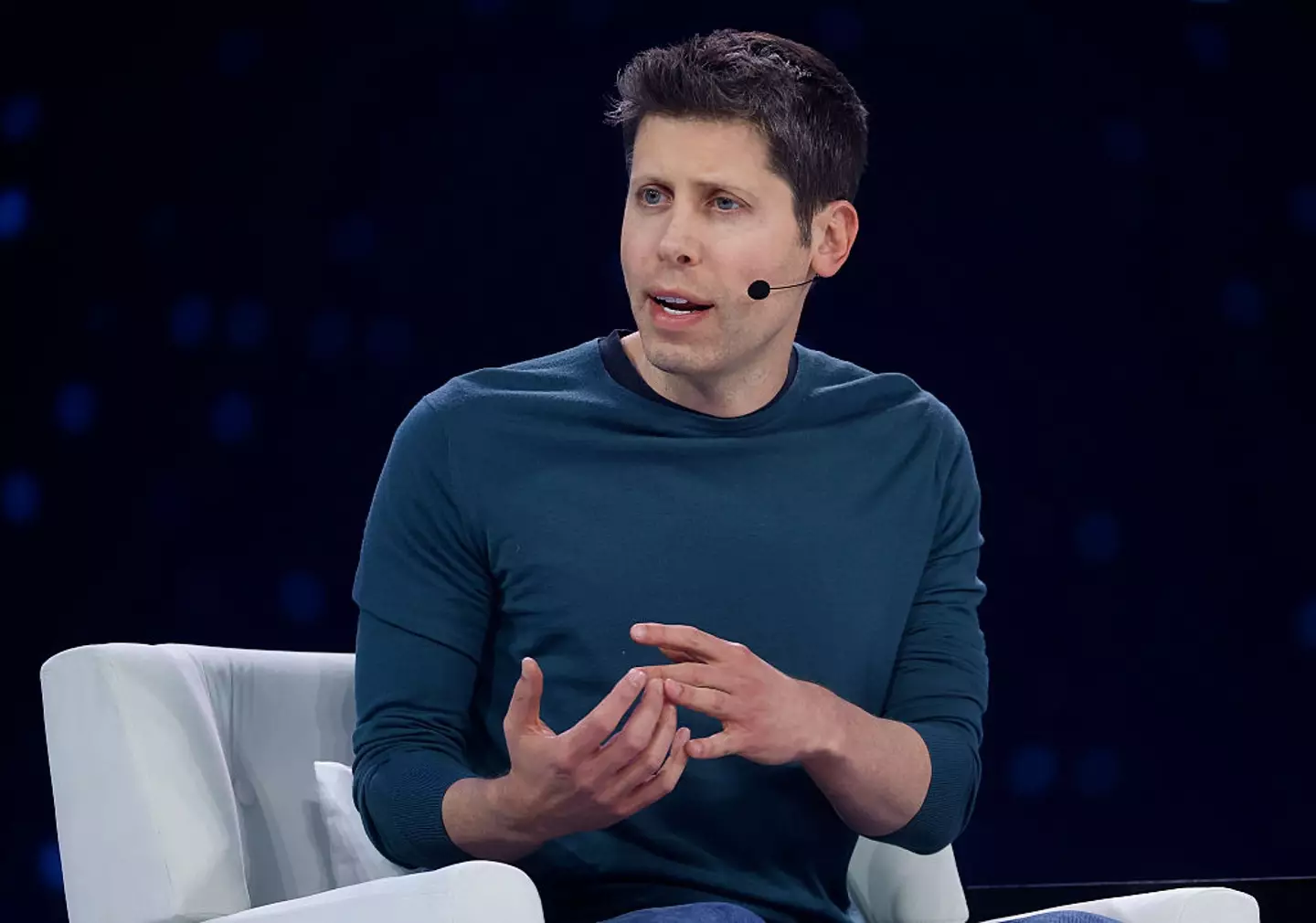
The CEO of ChatGPT calls for 'AI privilege' that would completely change how we interact with chatbots.
Millions of people now turn to AI chatbots for personal conversations, discussing everything from medical issues to mental health struggles and even romantic relationships.
The assumption for most users is that these intimate exchanges remain private, just between them and the AI. But a major legal battle is threatening to change all that.
Back in December 2023, the New York Times filed a lawsuit against OpenAI and Microsoft, alleging copyright infringement. The NYT claims that OpenAI had trained its ChatGPT model with stolen content by 'copying and using millions' of its articles without permission.
Advert
The lawsuit is still working its way through the courts. But it's created an unexpected side effect that has CEO Sam Altman concerned about user privacy.
The publication reportedly wants to force OpenAI to retain all consumer ChatGPT conversations and API customer data indefinitely - meaning nothing would ever truly be deleted.
However, the request struck a nerve with Altman who views it as a privacy overreach that could fundamentally change how people interact with AI.
"recently the NYT asked a court to force us to not delete any user chats. we think this was an inappropriate request that sets a bad precedent," Altman posted on X. "we are appealing the decision. we will fight any demand that compromises our users' privacy; this is a core principle."
The CEO went on to emphasise that privacy protection is non-negotiable, adding: "we have been thinking recently about the need for something like "AI privilege"; this really accelerates the need to have the conversation," Altman added. "imo talking to an AI should be like talking to a lawyer or a doctor. i hope society will figure this out soon."

At the moment, ChatGPT has several privacy features in place. When you delete a ChatGPT conversation, it's removed from your account immediately and scheduled for permanent deletion from OpenAI's systems within 30 days.
The platform also offers 'temporary chat' sessions that automatically wipe all information exchanged between you and the AI as soon as the chat window is closed. Users can also manually delete previous conversations from the sidebar in both web and mobile versions of the app.
However, if the courts side with the NYT, all of these privacy protections could become meaningless, Altman claimed.
Brad Lightcap, COO of OpenAI, argues that the demand from the news platform 'fundamentally conflicts with the privacy commitments we have made to our users,' adding that it 'abandons long-standing privacy norms and weakens privacy protections.'
The tech giant made an official announcement stating that users of ChatGPT Free, Plus, Pro, and Team subscriptions would be affected. However, ChatGPT Enterprise and ChatGPT Edu customers would 'not be impacted.'
OpenAI has appealed the court order and it's a matter of waiting to see what happens.